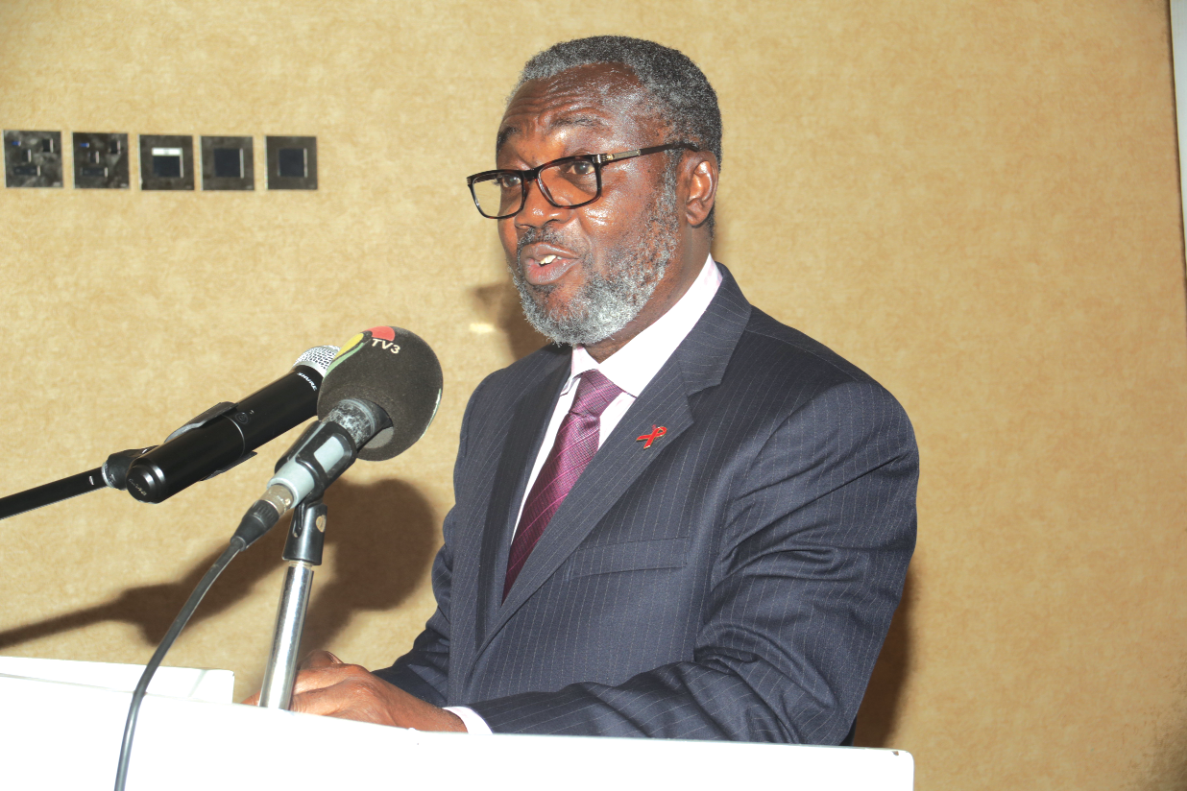
300,000 Ghanaians on the verge of blindness — Survey
A maiden national survey on blindness and visual impairment has established that 300,000 people representing 1.07 per cent of the Ghanaian population, are on the verge of getting blind because they suffer a severe visual impairment.
Advertisement
It also came out that 207, 000 people, representing 0.74 of the population, had totally gone blind.
The study identified cataract, glaucoma, posterior segment diseases, cornea opacity and refractive error as the principal causes of blindness and visual impairment in the country.
It further indicated that 89 per cent of low vision cases were due to avoidable causes while rural residents and the poor stood a greater risk of blindness due to low access and affordability of eye care services.
Significance
The survey was aimed at providing a national representative data on blindness and visual impairment and its actual prevalence rate to enhance eye care delivery services in Ghana.
It was conducted in 2015 under a Public-Private Partnership arrangement between the Ghana Health Service (GHS), the Standard Chartered Bank, the Swiss Red Cross, Operation and Eyesight Universal, an eye care company.
It was also to quantify avoidable causes of visual impairment, blindness and identify the challenges in eye care service delivery.
The study became necessary due to the enormity of the problem of visual impairment in the face of lack of adequate data for effective national interventions on eye care services.
Recommendations
The study recommended a national strategy to make eye care universally affordable and accessible.
It suggested that the national eye health policy should be re-focused on addressing glaucoma, retinal diseases, cataract and refractive error.
The study underscored the need for further studies to address cataract surgery coverage; barrier to the uptake of eyeglasses; association between pterygium, dry eyes and cooking with solid fuel, trachoma and pit latrines; glaucoma; posterior segment diseases (diabetic retinopathy) and childhood blindness.
Remarks
Launching the report in Accra last Tuesday, the Director-General of the GHS, Dr Anthony Nsiah-Asare, said the findings would serve as a basis for designing future interventions and setting up monitoring indicators to track performance.
“It will as well help to consolidate the joint efforts of policy makers, partners and eye health professionals working towards the attainment of integrated, accessible, sustainable, and equitable and quality eye health for all,” he said.
Dr Nsiah-Asare said globally identified public health issues had far-reaching socio-economic consequences and that blindness and visual impairment were associated to poverty.
He said the Ghana Eye Health Programme was committed to working towards the reduction of avoidable blindness and visual impairment in the country.
The Chief Executive Officer of Standard Chartered Bank, Ms Mansa Nettey, said the bank was carrying out a number of initiatives to support national interventions to ensure a population with good eyesight with access to quality eye care services.
Writer’s email [email protected]